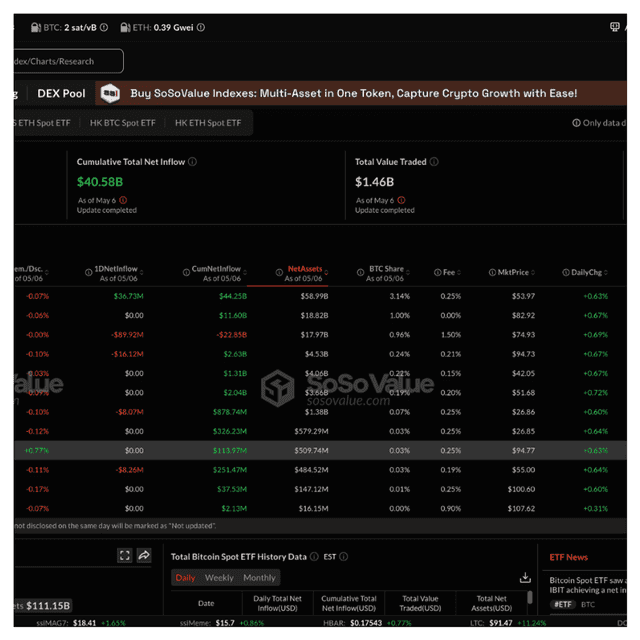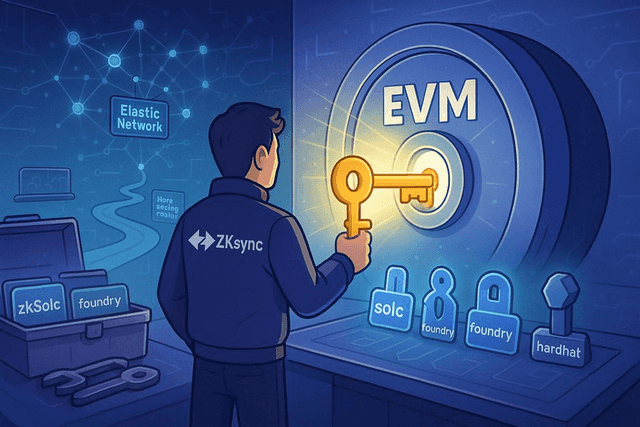2025-05-06 14:35
BLOCKMEDIA

Image source: Block Media
# Political Turmoil Spurs Stricter Crypto Regulations in South Korea
In late 2024, South Korea's cryptocurrency industry faced increased regulations amidst political instability. The declaration of martial law, widespread protests, and the National Assembly's submission of an impeachment motion rocked financial markets, directly impacting the crypto sector.
Amidst the turmoil, the South Korean government expedited the Virtual Asset User Protection Act, effective July 2024. This law, featuring mandatory segregation of user assets, storage of over 80% of virtual assets in cold wallets, and stringent internal controls for Virtual Asset Service Providers (VASPs), aimed to enhance investor protection and foster market transparency.
## Crypto Market Surpasses KRW 104 Trillion, Security-Driven Platforms See Renewed Interest
Despite tighter regulation, South Korea's cryptocurrency market exhibited robust growth, with holdings surpassing KRW 104 trillion (approximately $73.4 billion) by December 2024. This expansion resulted from global political shifts, the re-election of former U.S. President Donald Trump, and recovering market confidence.
In response, investors gravitated toward wallet platforms prioritizing security and convenience. ICOBench highlighted several top performers, including Best Wallet, Margex Wallet, Trezor, Ellipal, Zengo, and OKX Wallet. The increasing adoption of digital assets underscored the need for reliable platforms for asset protection.
## Cryptocurrency Taxation Delayed Amid Market Uncertainty
Plans to tax cryptocurrency holdings in South Korea remain postponed amid market volatility. Initially set for 2023, the taxation policy was delayed to 2025 and then rescheduled to 2027, with lawmakers citing market instability and potential capital flight as key reasons for the deferrals.
## Regulatory Frameworks and Structural Growth Ahead
South Korea is poised for significant structural growth in its digital asset ecosystem, driven by efforts to bolster regulatory stability and adherence to international standards. In early 2025, the Financial Intelligence Unit (FIU) blocked 14 unregistered foreign cryptocurrency platforms, including KuCoin and MEXC, on the Apple App Store as part of anti-money laundering efforts. The Financial Services Commission (FSC) aims to release digital asset guidelines by Q3 2025, outlining operational standards and disclosure requirements for institutional investors.
The Bank of Korea (BOK) is intensifying efforts to regulate stablecoins, proposing stricter reserve requirements and transparency measures to mitigate monetary policy risks. Additionally, international crypto remittance firms will face new registration requirements starting late 2025 to combat unauthorized foreign exchange transactions.
## Towards a Secure Digital Asset Ecosystem
South Korea's goals to create a stable and responsible digital asset landscape are evident in government initiatives for real-time compliance systems, enhanced anti-money laundering protocols, and robust investor protection mechanisms. Recent regulatory revisions allow universities and non-profits to accept and convert cryptocurrency donations, encouraging broader institutional participation.
By December 2024, South Korea's daily cryptocurrency trading volume exceeded $12 billion, nearing KOSPI index figures. This surge reflects the growing commitment of both retail and institutional players in the market.
Through a comprehensive regulatory approach, the South Korean government and BOK are striving to position the nation as a leader in safe and responsible cryptocurrency innovation. As regulatory clarity evolves, it is anticipated to guide the market's future direction effectively. South Korea is emerging as a trailblazer in global crypto governance, setting regional and international standards.
View original content to download multimedia: https://www.blockmedia.co.kr/archives/902448




